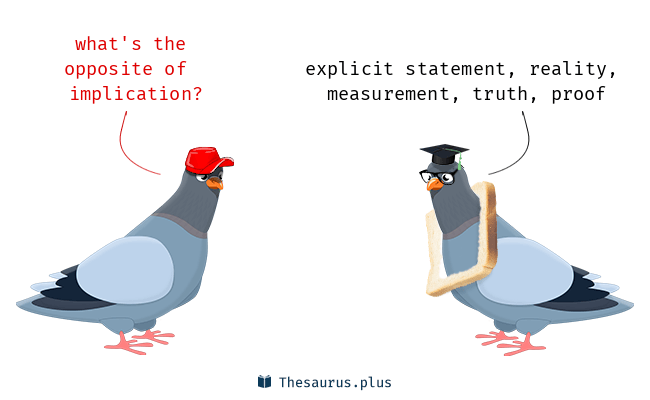
If you have had or will have the privilege to preach through Matthew’s version of Jesus’s famous, Sermon on the Mount, brace yourself for having to explain His strongest instruction. It’s the last verse of chapter 5:
“You therefore must be perfect, as your heavenly Father is perfect.”
Wow! No pressure there, right?!
Years ago I stumbled upon a commentary on Peter’s epistle–his name is Kelly, I think. I will never forget reading his take on New Testament commands. He referred to them as something like the Gospel in imperative form.
I am sure other authors have said similar things. And seemingly everybody quotes Augustine on similar matters. But this really has stuck with me through the years. And it is such a helpful preaching angle for our congregants.
I am enjoying reading Martyn Lloyd-Jones’s two volumes on the Sermon of the Mount. His understanding of this was also helpful. He calls Jesus’s command in Matthew 5:48 the best compliment Jesus could give His followers.
Isn’t that a great way to put it?
Can you see the Gospel in such a command?
So, when preaching any command, I am always thinking about how the command portrays some aspect of the nature of our salvation or transformation-in-Christ. And in the case of being perfect?
Along with telling our listeners how impossible it is–and depending on our theology, there is a sense that it is impossible on earth–tell them the great news that Jesus came to create followers who can obey His strongest instruction. If you can strike that wonderful balance or paradox, you will do justice both to our sinful selves and Christ’s marvelous power to save.
And you might notice that this prevents our parishioners from leaving church as good moralists, trying harder in their own efforts to be perfect Christians.
And while you explain how that is possible, our Lord will receive glory in the church and in Christ Jesus (Ephesians 3:21).
Randal
P.S. Do you have your preaching portion for Sunday? Does that preaching portion contain any imperatives? Can you see the Gospel in that imperative form?










